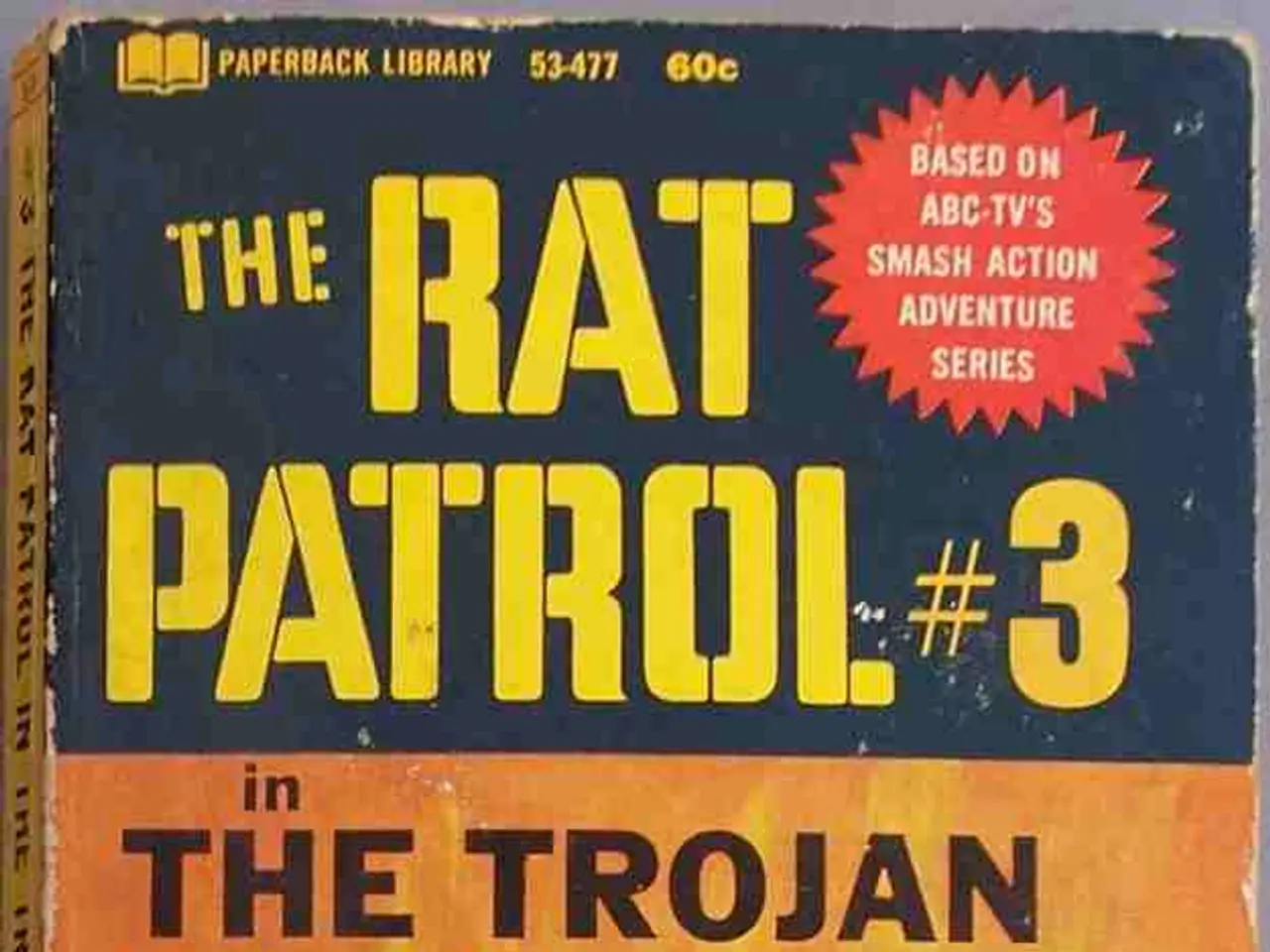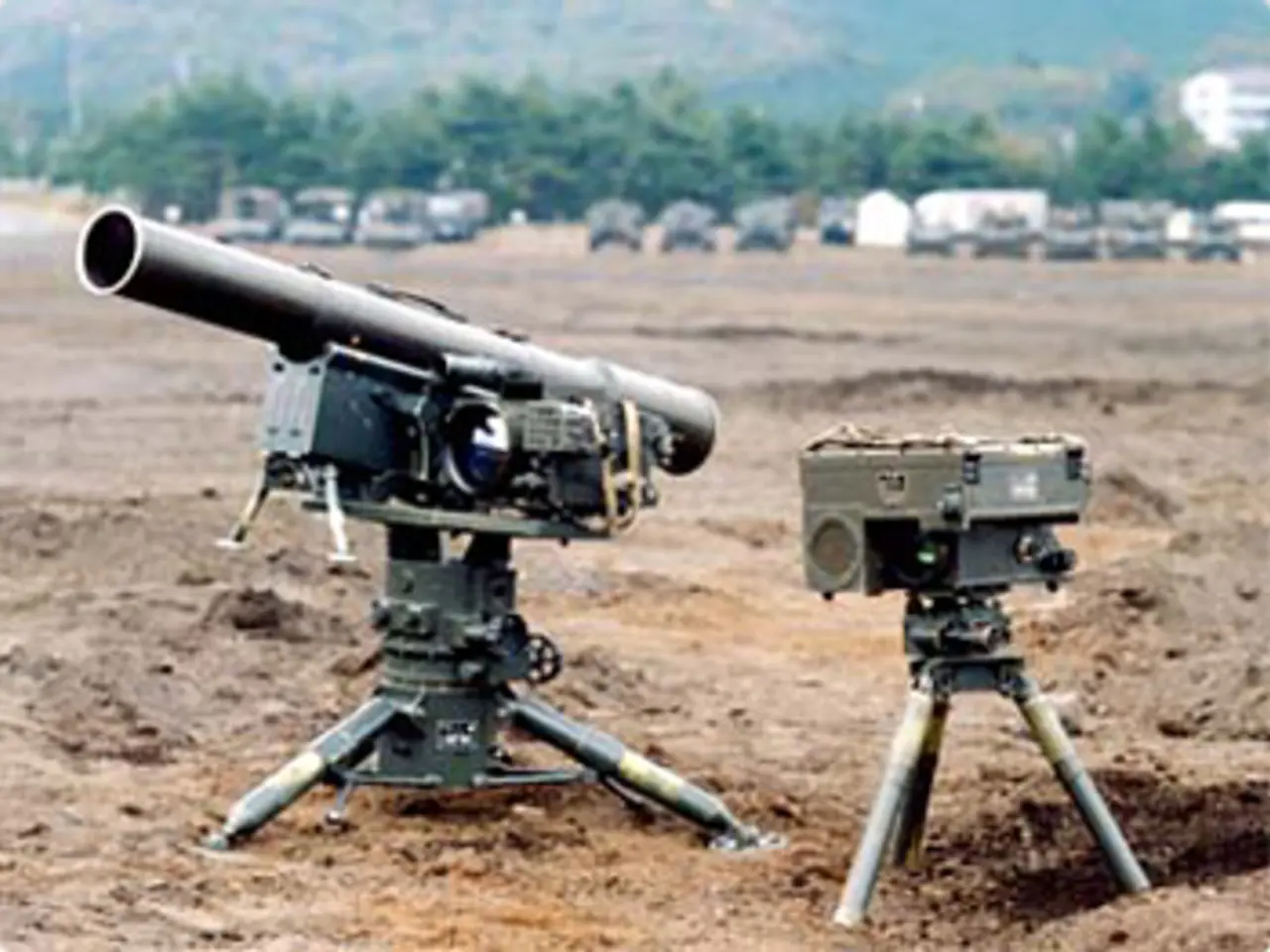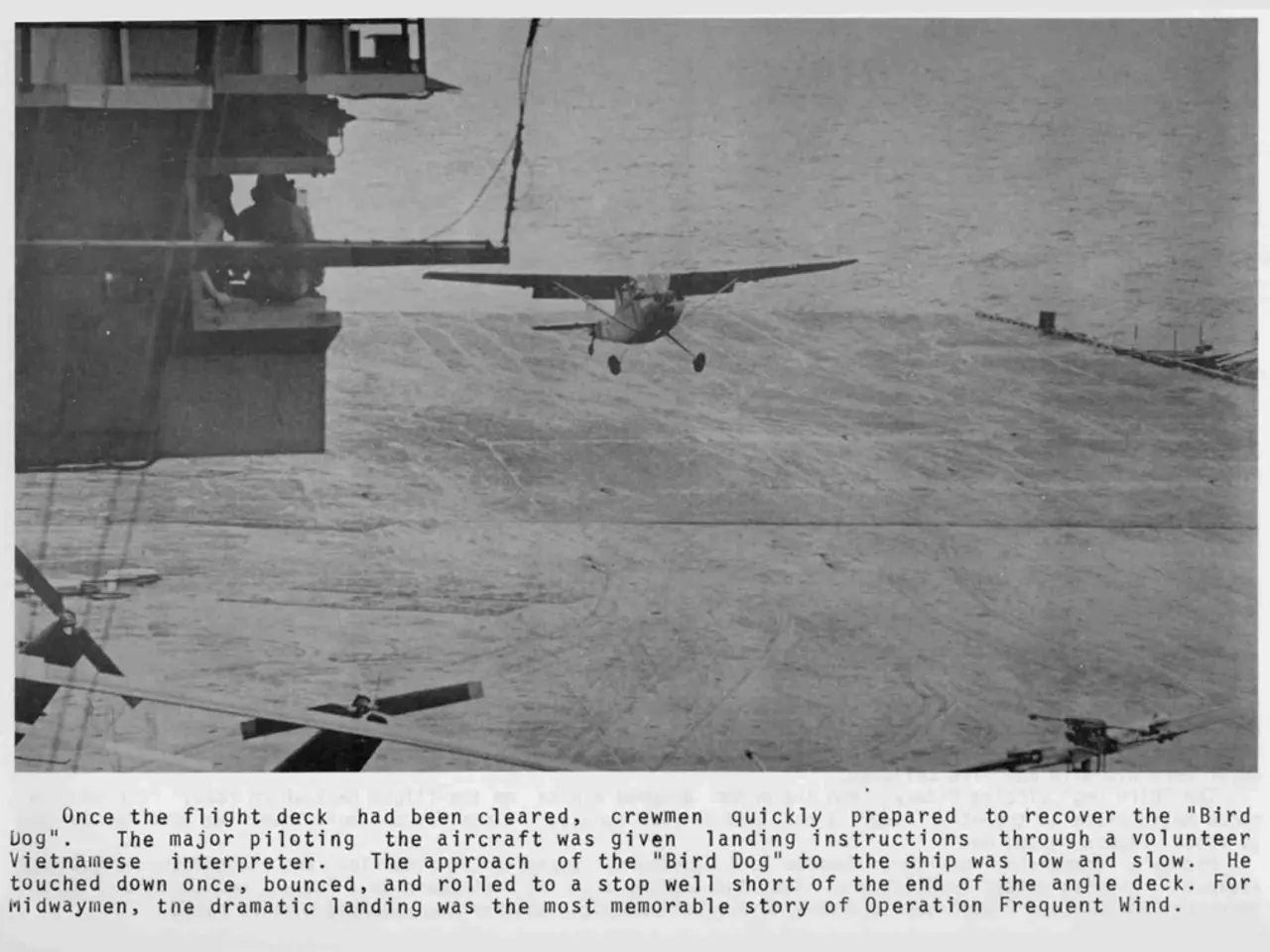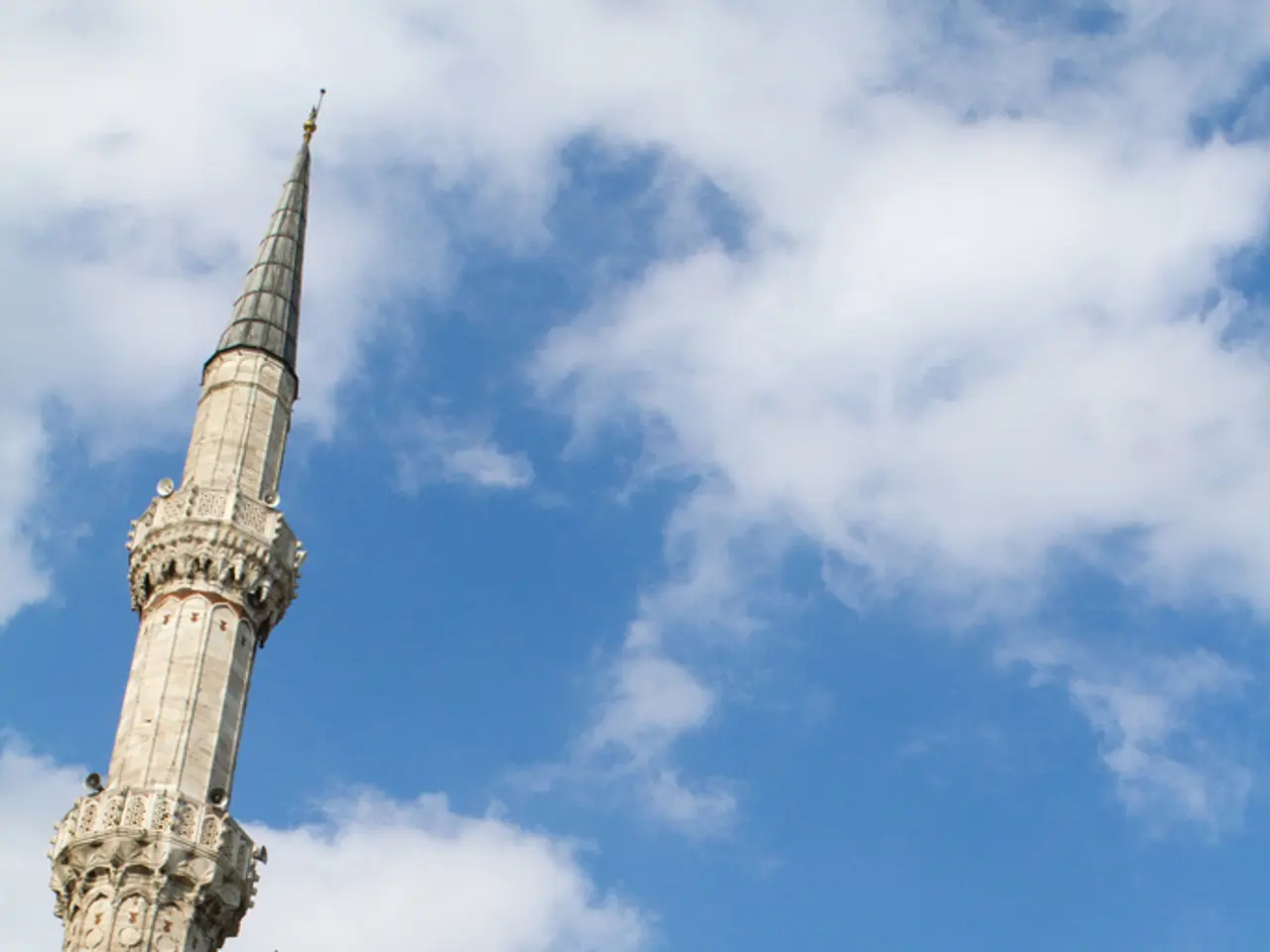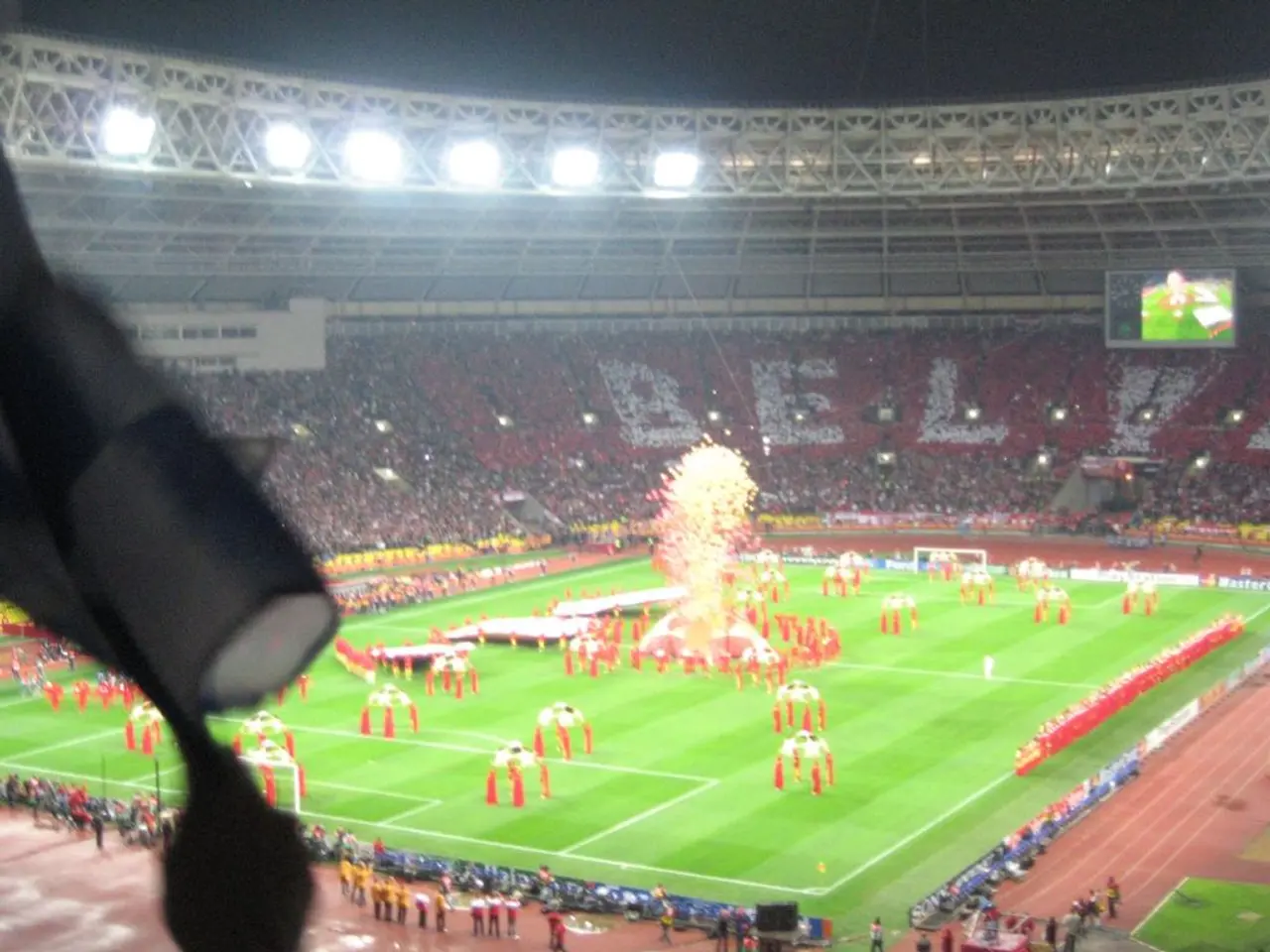Conflict between Israel and Iran: Iranian Foreign Minister claims nuclear facilities have experienced substantial damage
What's Happening with Iran's Nuclear Program
The recent dust has settling over the 12-day skirmish between Israel and Iran, and Iranian Foreign Minister Abbas Araghchi has finally spoken up about the damage to his nation's nuclear facilities, describing it as "significant." Experts from the Atomic Energy Organization of Iran are currently evaluating the impact, and discussions to demand compensation are reportedly a top priority for the government.
Iran's supreme leader, Ali Khamenei, made a statement earlier in the day, his first since the ceasefire. He deemed the strikes "not at all important," but warned that Iran would retaliate against American bases in the Middle East if attacked.
Meanwhile, Israeli Prime Minister Benjamin Netanyahu is brimming with optimism, stating that the victory gained from the conflict opens up possibilities to "expand peace accords dramatically." The Abraham Accords, signed in 2020, established diplomatic relations between Israel and the United Arab Emirates, Bahrain, and Morocco.
Donald Trump has weighed in on the issue, denying rumors that Iran had evacuated its highly enriched uranium before the American strikes. He claimed that moving the uranium would take too much time, be too dangerous, and be a logistical nightmare. Experts had speculated that Iran may have prepared for the attack by moving approximately 400 kg of 60% enriched uranium. The head of the Pentagon, Pete Hegseth, described the American strikes as a "historic success."
France has spoken up, urging Iran to resume cooperation with the International Atomic Energy Agency (IAEA) without delay. The IAEA aims to achieve a robust, verifiable, and durable diplomatic solution to address the international community's concerns about Iran's nuclear program. Despite a recent vote in the Iranian parliament to suspend cooperation with the IAEA, the bill still requires approval from the Guardian Council before it can take effect.
Sources suggest that the combined U.S. and Israeli strikes caused moderate to severe damage to Iran's nuclear facilities at Fordow, Natanz, and Esfahan. The Fordow site, in particular, appears to have been rendered inoperable, with destruction of critical infrastructure and an estimated loss of around 20,000 centrifuges at Natanz and Fordow.
However, the exact impact on Iran's nuclear program timeline remains uncertain, with assessments ranging from severe delays of months to setbacks of many years. Remote monitoring continues, but physical inspections have been suspended since the start of the conflict. Iran remains legally bound by its safeguards agreement under the NPT, despite the current suspension of physical inspections.
Despite acknowledging the damage, no specific plans regarding compensation or reparations related to the conflict have been publicly announced by the Iranian government. With the ongoing conflict dynamics and the clandestine nature of Iran's nuclear program, official announcements on compensation or reparations have yet to emerge.
The government of Iran is reportedly prioritizing discussions to demand compensation for the damage incurred to its nuclear facilities during the recent war-and-conflicts with Israel. In the wake of the conflict, the government's focus on politics extends to addressing the general-news of potential repercussions on Iran's nuclear program.
